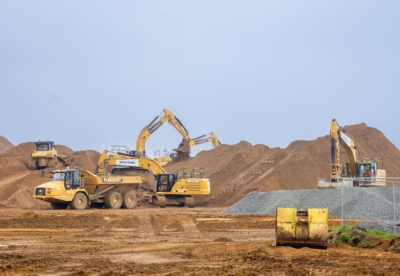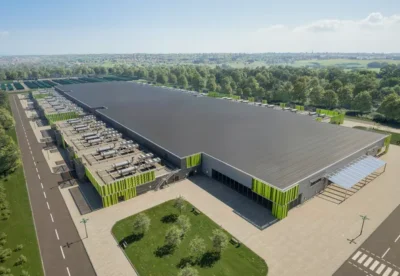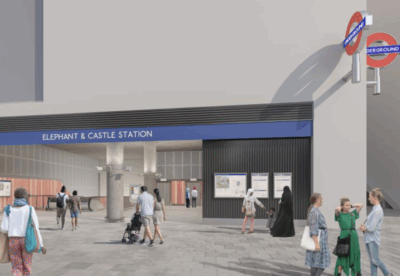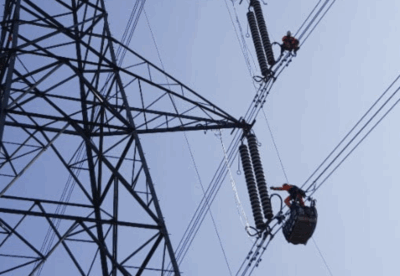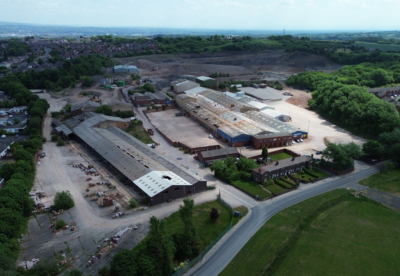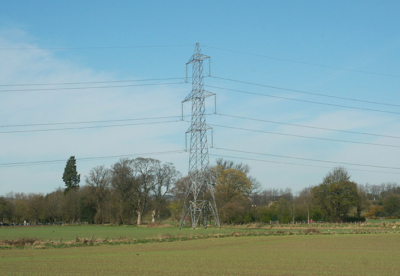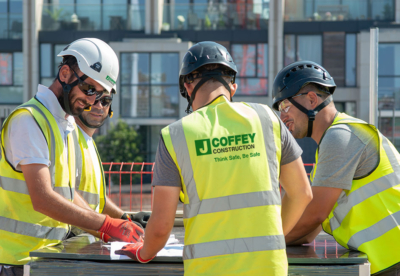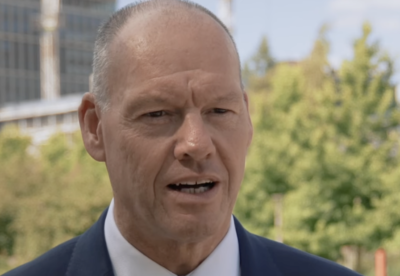The contractor has also revealed it is in talks to trial graphene-enhance asphalt on the M25 after pioneering use of the super-tough blacktop on an A-road in Oxfordshire.
Skanska is awaiting results of the Oxfordshire trial before pressing ahead with its first motorway tests, but in the meantime has upped the use of recycled asphalt by five-fold on the M25 to explore potential big savings in carbon emissions going forward.
Jim Daughton, Skanska’s Operations Director,said: “We’re always looking for new ways to provide best value and our innovative approach enables us to deliver better and more effective projects for our customers and their communities, so we’re delighted to be the first to trial graphene asphalt in the UK and increase use of recycled materials.
“If successful, these innovative products could transform highways maintenance in the UK, extensively extending the life of key highways infrastructure affected by significant traffic loads, while reducing carbon, which is key as we work with our supply chain to achieve net-zero carbon emissions by 2045.”.
The contractor has laid the high-recycled asphalt surface course between junctions 25 and 26.
The introduction of 50% recycled content marks a step change in the use of recycled material paving the way for greater use of reclaimed materials that could result in huge environmental benefits if adopted across the network.
The test project was carried out in partnership with Skanska’s client Connect Plus and suppliers Toppesfield and FM Conway on behalf of Highways England.
Until now standard practice has been to limit the recycled content of surface courses for motorways and A-roads to around 10%.
Both new materials will now be monitored and assessed, and Skanska has already begun discussions with Connect Plus to trial graphene-enhanced asphalt on the M25 DBFO network, which could influence the Highways England network, paving the way for more widespread trials across the UK.





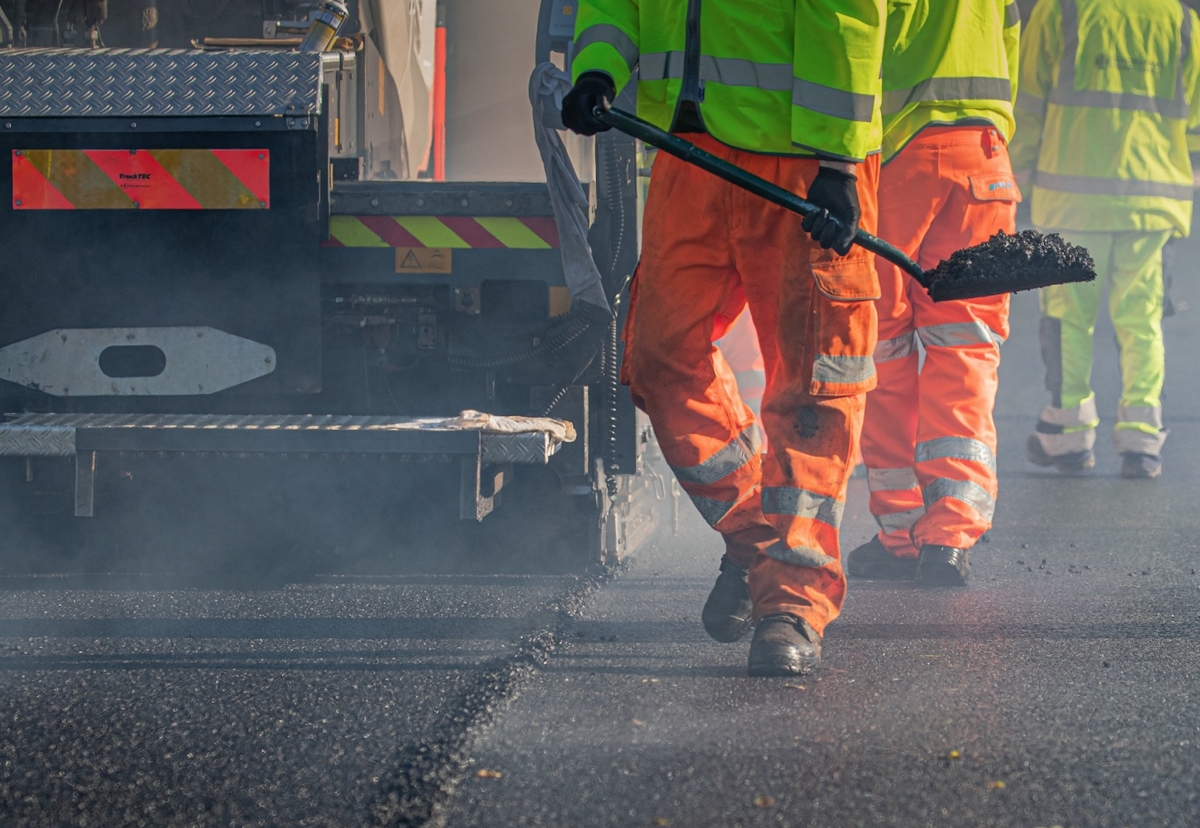
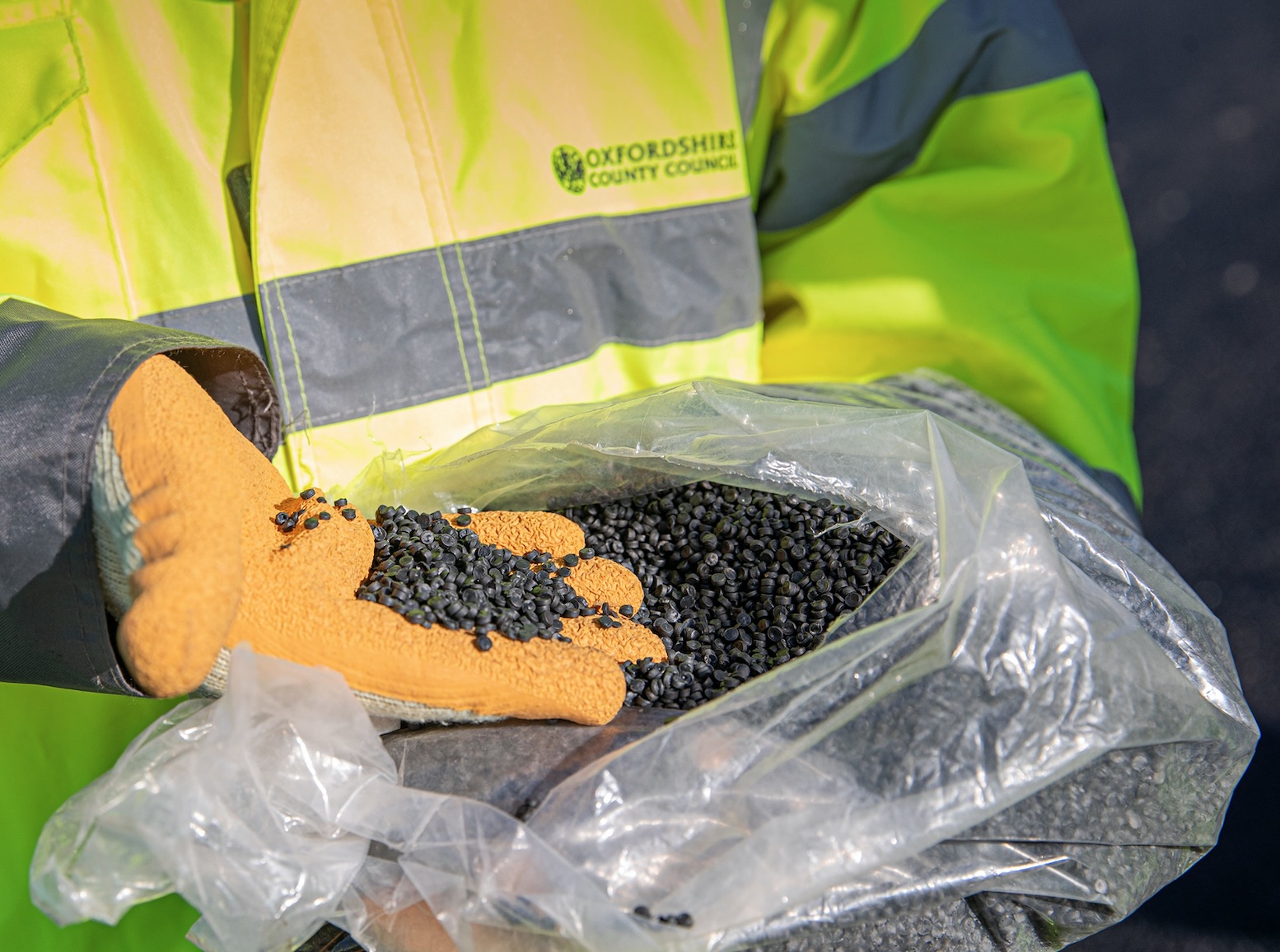







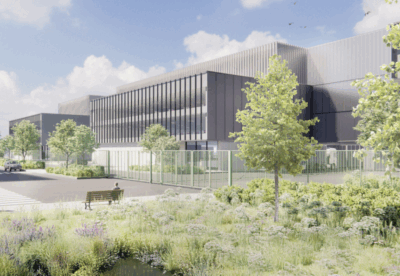

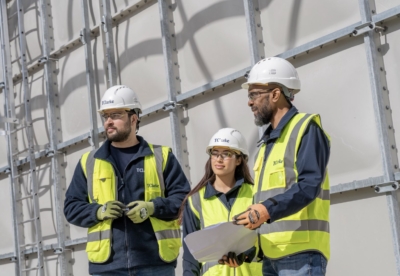
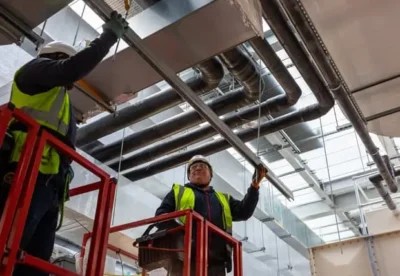

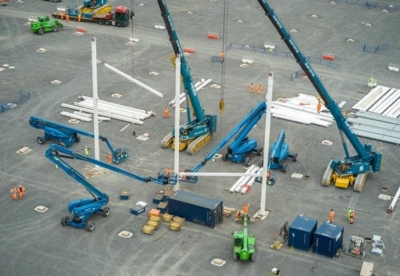

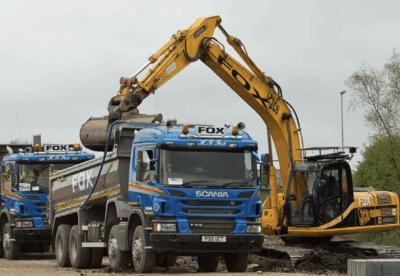
 (300 x 250 px) (2).png)

